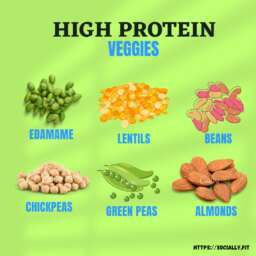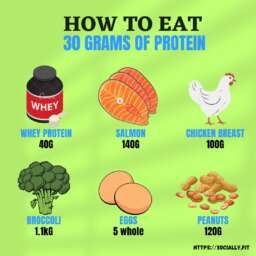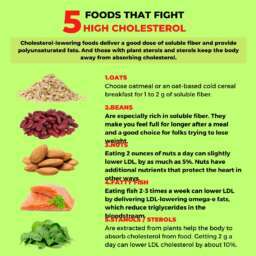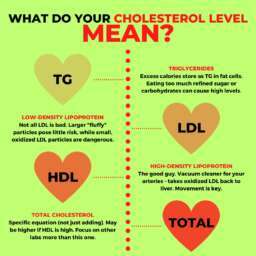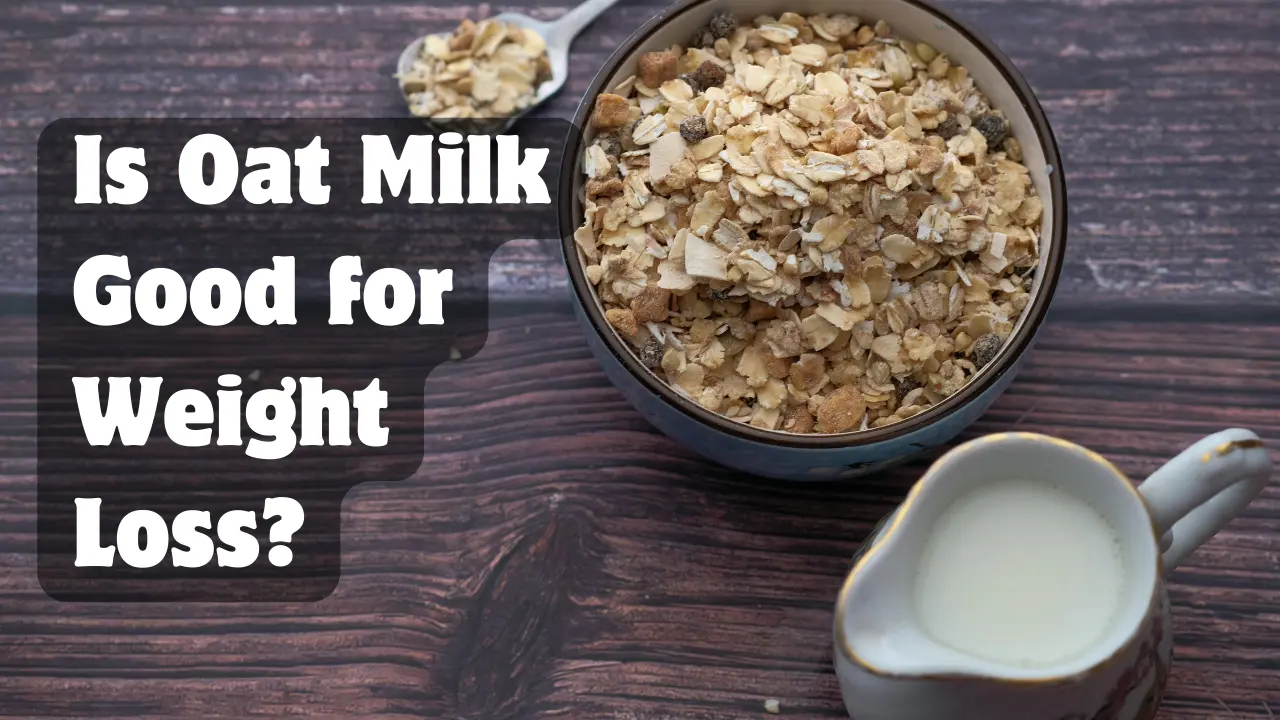Is Oat Milk Good for Weight Loss? Unlocking the Potential: How Oat Milk Can Aid in Weight Loss
Oat milk has surged in popularity as a dairy-free alternative in recent years, captivating the attention of health-conscious consumers worldwide. But what exactly is oat milk, and what factors contribute to its growing acclaim?
What is Oat Milk?

Oat milk is a plant-based beverage made from oats and water. It undergoes a simple process where oats are soaked in water, blended, and then strained to create a smooth, creamy liquid. Unlike cow’s milk, which comes from animals, oat milk is entirely vegan and free from lactose, making it suitable for individuals with dairy allergies or those following a vegan lifestyle.
Why is it Gaining Popularity?
Several factors contribute to the increasing popularity of oat milk. Firstly, its creamy texture and mild, slightly sweet flavor make it a versatile option for various culinary uses, such as in coffee, cereal, smoothies, and baking. Additionally, oat milk has gained recognition for its environmental sustainability compared to traditional dairy milk production. Oats require significantly less water and land to cultivate than dairy cows, making oat milk a more eco-friendly choice for environmentally conscious consumers.
Furthermore, the rise in plant-based diets and the growing awareness of the health benefits associated with reducing dairy consumption have propelled oat milk into the spotlight. With its nutritional profile boasting essential vitamins, minerals, and dietary fiber, oat milk offers a nutritious alternative to dairy milk without compromising on taste or texture.
In summary, oat milk’s appeal lies in its creamy consistency, versatile usage, eco-friendliness, and alignment with dietary preferences and health-conscious lifestyles, all of which contribute to its widespread popularity among consumers seeking dairy-free alternatives.
Nutritional Composition of Oat Milk

Calories and Macronutrients:
- Oat milk typically contains fewer calories than whole dairy milk, making it a lighter option for those watching their calorie intake.
- In terms of macronutrients, oat milk is lower in fat and protein compared to cow’s milk. However, it still provides a moderate amount of carbohydrates, mainly from the oats used in its production.
- While the exact calorie and macronutrient content can vary depending on the brand and any added ingredients, unsweetened oat milk generally contains around 60-120 calories per serving, with approximately 3-5 grams of fat, 2-4 grams of protein, and 10-15 grams of carbohydrates.
Vitamins and Minerals:
- Oat milk is often fortified with vitamins and minerals to enhance its nutritional value, similar to cow’s milk. Common fortifications include calcium, vitamin D, vitamin A, and vitamin B12.
- Calcium is essential for maintaining strong bones and teeth, and vitamin D aids in its absorption. Both nutrients are crucial for overall bone health.
- Vitamin A plays a role in maintaining healthy vision and supporting immune function, while vitamin B12 is essential for nerve function and the production of red blood cells.
- Additionally, oat milk naturally contains some vitamins and minerals found in oats, such as iron, magnesium, phosphorus, and potassium. These micronutrients contribute to various bodily functions, including energy production, muscle function, and electrolyte balance.
In summary, oat milk offers a nutritious alternative to dairy milk, providing essential vitamins, minerals, and macronutrients in a plant-based form. It’s lower in calories and fat than cow’s milk, making it a suitable option for those looking to manage their weight or reduce their intake of animal products.
Fiber in Oat Milk

Fiber is an essential nutrient that plays a crucial role in supporting digestive health and overall well-being. While oat milk is primarily known for its creamy texture and mild flavor, it also contains a notable amount of dietary fiber, making it a beneficial addition to a balanced diet.
Oat milk naturally contains soluble fiber, which dissolves in water to form a gel-like substance in the digestive tract. This type of fiber helps regulate cholesterol levels by binding to cholesterol and preventing its absorption into the bloodstream. By lowering LDL (bad) cholesterol levels, soluble fiber in oat milk can contribute to heart health and reduce the risk of cardiovascular disease.
Additionally, the fiber in oat milk can help regulate blood sugar levels by slowing down the absorption of sugar into the bloodstream. This can be particularly beneficial for individuals with diabetes or those looking to manage their blood sugar levels more effectively.
Moreover, dietary fiber promotes feelings of fullness and satiety, which can aid in weight management by reducing hunger cravings and preventing overeating. By adding oat milk to your diet, you can increase your fiber intake and potentially support your weight loss efforts.
Potential Benefits of Oat Milk for Weight Loss
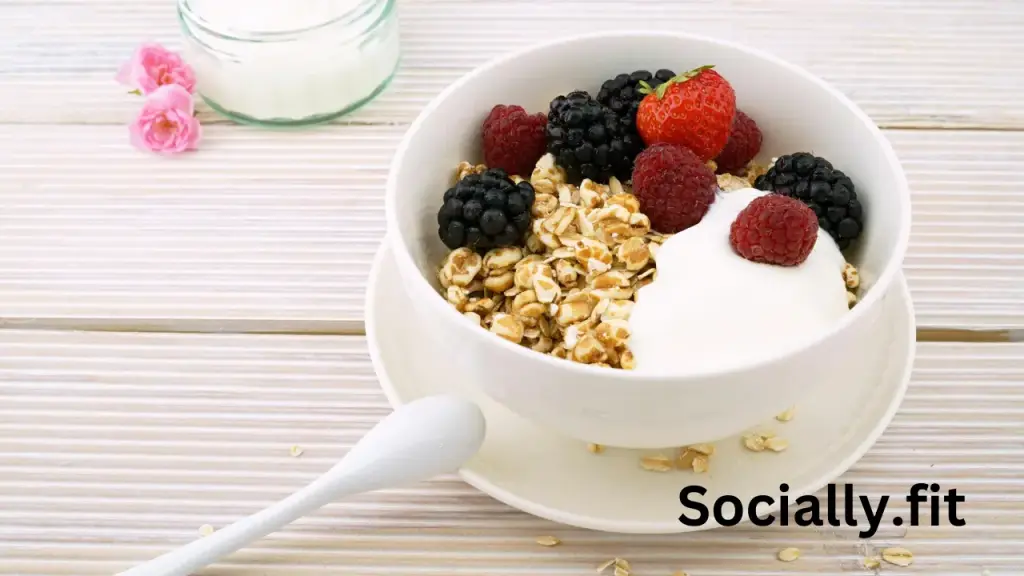
1. Low in Calories:
- Oat milk is generally lower in calories compared to whole dairy milk, making it a suitable option for those looking to manage their weight.
- Opting for unsweetened varieties of oat milk can further reduce calorie intake, as they contain minimal added sugars and additives.
- By replacing higher calorie beverages like whole milk or sugary drinks with oat milk, individuals can create a calorie deficit and support their weight loss goals.
2. High Fiber Content:
- Oat milk is naturally rich in dietary fiber, which offers numerous benefits for weight loss.
- Dietary fiber promotes feelings of fullness and satiety, reducing the likelihood of overeating and snacking between meals.
- By increasing fiber intake through oat milk consumption, individuals can control hunger cravings and maintain better portion control, leading to more successful weight management.
3. Satiety and Hunger Control:
- The combination of low calories and high fiber content in oat milk contributes to enhanced feelings of satiety and hunger control.
- Consuming oat milk as part of a meal or snack can help individuals stay satisfied for longer periods, reducing the urge to eat additional calories throughout the day.
- By promoting satiety and reducing hunger, oat milk can support adherence to calorie-restricted diets and aid in achieving sustainable weight loss results.
In summary, oat milk offers several potential benefits for weight loss, including its low calorie content, high fiber content, and ability to promote feelings of satiety and hunger control. By incorporating oat milk into a balanced diet, individuals can enjoy a nutritious beverage that supports their weight management efforts.
Incorporating Oat Milk into a Weight Loss Diet
1. Substituting Oat Milk for Higher Calorie Options:
- Use oat milk as a replacement for whole dairy milk in your morning coffee or tea. It provides a creamy texture without the added calories and saturated fat.
- Instead of using heavy cream or full-fat milk in recipes, swap in oat milk for a lighter alternative. It works well in soups, sauces, and creamy pasta dishes.
- Try using oat milk as a base for smoothies instead of yogurt or fruit juice. Blend it with your favorite fruits and vegetables for a nutritious and filling beverage.
2. Recipes and Meal Ideas:
- Oat Milk Overnight Oats: Combine oats, oat milk, and your favorite toppings like fruit, nuts, and seeds in a jar. Refrigerate overnight for a quick and convenient breakfast option.
- Creamy Oat Milk Soup: Use oat milk as the base for a creamy soup by simmering vegetables, broth, and spices together. Blend until smooth for a satisfying and low-calorie meal.
- Oat Milk Pancakes: Replace traditional dairy milk with oat milk in your favorite pancake recipe. Serve with fresh fruit and a drizzle of honey for a wholesome breakfast or brunch.
- Oat Milk Chia Pudding: Mix chia seeds with oat milk and sweetener of choice (such as maple syrup or stevia). Let it sit in the fridge overnight to thicken into a delicious and nutritious pudding.
- Oat Milk Latte: Brew a shot of espresso and froth oat milk using a milk frother or blender. Pour the frothed oat milk over the espresso for a creamy and indulgent coffee drink without the added calories of whipped cream or syrup.
In summary, incorporating oat milk into your weight loss diet is simple and versatile. By substituting it for higher calorie options and experimenting with recipes and meal ideas, you can enjoy the benefits of oat milk while supporting your weight management goals.
Is oat milk low calorie?
Yes, oat milk is generally considered to be low in calories compared to whole dairy milk. Unsweetened varieties of oat milk typically contain around 60-120 calories per serving, depending on the brand and any added ingredients. However, it’s important to note that flavored or sweetened versions of oat milk may contain more calories due to added sugars or flavorings. Overall, choosing unsweetened oat milk can be a lower calorie alternative to whole dairy milk, making it a suitable option for those looking to manage their calorie intake as part of a weight loss or healthy eating plan.
Considerations and Caveats

1. Allergies and Intolerances:
- Individuals with gluten sensitivities or celiac disease should be cautious when consuming oat milk, as oats naturally contain gluten. While pure oats are technically gluten-free, cross-contamination during processing is common, especially in facilities that also process wheat and other gluten-containing grains.
- Additionally, some individuals may experience allergic reactions to specific components in oat milk, such as proteins or additives. It’s essential to read ingredient labels carefully and consult with a healthcare professional if you have known allergies or intolerances.
2. Added Sugars in Commercial Oat Milk:
- Many commercial varieties of oat milk contain added sugars to enhance flavor and sweetness. While these sugars may enhance the taste of the product, they can also contribute to increased calorie intake and potential negative health effects, such as weight gain and tooth decay.
- When choosing oat milk, opt for unsweetened varieties whenever possible to avoid unnecessary added sugars. These versions typically have lower calorie content and are a healthier option overall.
- Be sure to check the nutrition label and ingredient list carefully to identify any added sugars or sweeteners. Ingredients like cane sugar, brown rice syrup, or malt syrup indicate the presence of added sugars in oat milk products.
In summary, while oat milk offers numerous benefits as a dairy-free alternative, it’s essential to be mindful of potential allergens and added sugars in commercial varieties. By selecting unsweetened oat milk and checking for any allergens or intolerances, individuals can enjoy the nutritional benefits of oat milk while minimizing potential risks.
Practical Tips for Using Oat Milk for Weight Loss

1. Reading Labels:
- When selecting oat milk for weight loss, read the labels carefully to understand the nutritional content of the product. Look for unsweetened varieties with minimal additives and preservatives.
- Check the ingredient list to ensure that the oat milk does not contain added sugars, artificial flavors, or unnecessary additives. Ingredients should be simple and recognizable, with oats and water being the primary components.
2. Portion Control:
- Practice portion control when incorporating oat milk into your diet. While oat milk is lower in calories than whole dairy milk, excessive consumption can still contribute to calorie intake.
- Measure out servings of oat milk using a measuring cup or scale to ensure that you’re consuming an appropriate amount. Stick to recommended serving sizes to avoid unintentionally consuming excess calories.
In summary, when using oat milk for weight loss, it’s essential to read labels carefully and practice portion control. By choosing unsweetened varieties and monitoring serving sizes, you can enjoy the benefits of oat milk while supporting your weight management goals.
Common Misconceptions about Oat Milk and Weight Loss

1. Myth: Oat milk causes weight gain.
- Debunked: Oat milk itself does not inherently cause weight gain. Like any food or beverage, it’s the overall balance of calories consumed versus calories expended that determines weight gain or loss. Oat milk can be a part of a balanced diet and may even support weight loss due to its lower calorie content compared to whole dairy milk.
2. Myth: Oat milk is high in carbohydrates and sugar, making it unsuitable for weight loss.
- Debunked: While oats naturally contain carbohydrates, the sugar content of oat milk can vary depending on whether it’s sweetened or unsweetened. Unsweetened varieties of oat milk typically have minimal added sugars and can be a lower calorie option compared to whole dairy milk. Additionally, the fiber content in oat milk can help promote feelings of fullness and satiety, making it a suitable choice for weight loss when consumed in moderation.
3. Myth: Oat milk is not as nutritious as dairy milk, so it’s not beneficial for weight loss.
- Debunked: Oat milk may not have the same nutritional profile as dairy milk, but it still offers essential vitamins, minerals, and dietary fiber. Oat milk is often fortified with nutrients like calcium, vitamin D, and vitamin B12, making it a nutritious alternative for individuals looking to reduce their intake of dairy products. Additionally, the high fiber content in oat milk can support digestive health and aid in weight management by promoting feelings of fullness.
4. Myth: Oat milk is only suitable for vegans or individuals with dairy allergies.
- Debunked: While oat milk is indeed a popular choice among vegans and those with dairy allergies or lactose intolerance, it can be enjoyed by anyone looking to incorporate plant-based alternatives into their diet. Oat milk offers a creamy texture and mild flavor that appeals to a wide range of tastes and preferences, making it a versatile option for individuals seeking dietary variety or looking to reduce their consumption of animal products.
In summary, oat milk is a nutritious beverage that can be a valuable part of a weight loss diet when consumed as part of a balanced eating plan. By debunking common misconceptions and understanding the nutritional benefits of oat milk, individuals can make informed choices that support their health and wellness goals.
Oat Milk as Part of a Balanced Lifestyle

Incorporating oat milk into your daily routine can contribute to a balanced lifestyle that prioritizes health and well-being. However, it’s essential to recognize that oat milk is just one component of a broader approach to wellness that includes mindful eating habits and regular physical activity.
Importance of Overall Diet:
- Oat milk can be a valuable addition to a balanced diet that includes a variety of nutrient-rich foods such as fruits, vegetables, whole grains, lean proteins, and healthy fats.
- While oat milk offers essential vitamins, minerals, and dietary fiber, it’s crucial to consume a diverse range of foods to ensure that your body receives all the nutrients it needs for optimal health.
- Emphasizing whole, unprocessed foods and minimizing the intake of highly processed and sugary foods can further support overall well-being and weight management goals.
Incorporating Exercise:
- Pairing oat milk with regular physical activity is key to maintaining a healthy lifestyle and managing weight effectively. Exercise offers numerous benefits, including improved cardiovascular health, enhanced mood, and increased energy levels.
- Aim for a combination of aerobic exercise, such as walking, running, or cycling, and strength training exercises, such as weightlifting or bodyweight exercises, to promote overall fitness and muscle development.
- Find activities that you enjoy and incorporate them into your daily routine to make exercise a sustainable and enjoyable part of your lifestyle.
Balancing Nutrient Intake:
- While oat milk can contribute to your daily nutrient intake, it’s essential to balance your consumption with other sources of essential nutrients such as calcium, protein, and vitamin D.
- Incorporating a variety of foods into your diet ensures that you receive a wide range of nutrients necessary for overall health and well-being.
- Consider consulting with a registered dietitian or nutritionist to develop a personalized nutrition plan that aligns with your dietary preferences, health goals, and lifestyle factors.
In summary, oat milk can be a beneficial component of a balanced lifestyle that prioritizes health and wellness. By combining oat milk with a diverse range of nutrient-rich foods and regular physical activity, you can support your overall well-being and achieve sustainable weight management goals.
Varieties and Brands of Oat Milk

1. Oatly:
- Oatly is one of the most well-known and widely available brands of oat milk. They offer a range of products, including original, barista edition for coffee, and flavored options like chocolate and vanilla.
- Oatly’s oat milk is known for its creamy texture and neutral flavor, making it a versatile choice for various culinary applications.
2. Califia Farms:
- Califia Farms offers a selection of oat milk products, including original, barista blend, and flavored varieties such as vanilla and chocolate.
- Their oat milk is made from gluten-free oats and is fortified with calcium, vitamin D, and other essential nutrients.
3. Silk:
- Silk is a popular brand known for its plant-based milk alternatives, including oat milk. Their oat milk comes in original, barista, and unsweetened varieties.
- Silk oat milk is lactose-free, soy-free, and contains no artificial flavors or colors, making it suitable for individuals with dietary restrictions or preferences.
4. Pacific Foods:
- Pacific Foods offers organic oat milk made from non-GMO oats. Their oat milk is available in original, vanilla, and unsweetened varieties.
- Pacific Foods oat milk is free from dairy, soy, and gluten, making it a suitable option for those with food sensitivities or allergies.
5. Happy Planet:
- Happy Planet oat milk is made from Canadian-grown oats and is available in original and vanilla flavors.
- Their oat milk is fortified with vitamins and minerals, including calcium and vitamin D, to support overall health and well-being.
6. Elmhurst 1925:
- Elmhurst 1925 produces oat milk using a unique cold milling process that preserves the natural flavor and nutrients of the oats.
- Their oat milk is available in original and unsweetened varieties and is free from added gums, emulsifiers, and stabilizers.
In summary, there are several varieties and brands of oat milk available in the market, each offering its own unique features and benefits. Whether you prefer original, flavored, or barista-style oat milk, there’s likely a product that suits your taste preferences and dietary needs.
Conclusion
In conclusion, oat milk emerges as a versatile and nutritious option for individuals seeking a dairy-free alternative in their diet, particularly those aiming for weight loss. Here’s a recap of the key points discussed in this article:
- Nutritional Composition: Oat milk boasts a rich nutritional profile, offering essential vitamins, minerals, and dietary fiber. It is lower in calories and fat compared to whole dairy milk, making it a suitable choice for individuals looking to manage their weight.
- Potential Benefits for Weight Loss: Oat milk’s low calorie content, high fiber content, and ability to promote feelings of satiety make it a valuable addition to a weight loss diet. By substituting oat milk for higher calorie options and practicing portion control, individuals can support their weight management goals while enjoying the benefits of this dairy-free alternative.
- Considerations and Caveats: It’s important to be mindful of potential allergens, such as gluten, and added sugars in commercial oat milk products. Opting for unsweetened varieties and reading labels carefully can help mitigate these concerns and ensure that oat milk aligns with individual dietary preferences and goals.
Overall, oat milk offers a delicious and nutritious alternative to traditional dairy milk, making it a valuable asset for individuals seeking dietary variety and health-conscious options in their quest for weight loss and overall wellness. By incorporating oat milk into their daily routine, individuals can enjoy the benefits of this dairy-free beverage while supporting their health and lifestyle goals.
FAQs on Oat Milk and Weight Loss
- Can oat milk help me lose weight faster than other milk alternatives?
- While oat milk can be a beneficial addition to a weight loss diet, its effectiveness depends on various factors, including overall calorie intake and physical activity levels.
- Is oat milk suitable for individuals with lactose intolerance or dairy allergies?
- Yes, oat milk is dairy-free and suitable for individuals with lactose intolerance or dairy allergies. However, it’s essential to check the ingredient list for potential allergens.
- Are there any drawbacks to drinking oat milk for weight loss?
- Some commercial oat milk products may contain added sugars or flavorings, which can increase calorie intake. It’s essential to choose unsweetened varieties and practice portion control.
- How can I incorporate oat milk into my weight loss diet?
- Oat milk can be used as a substitute for dairy milk in various recipes, such as smoothies, oatmeal, and baked goods. It can also be enjoyed on its own or as a base for coffee drinks.
- Can oat milk be consumed by individuals following a gluten-free diet?
- While oats themselves are gluten-free, cross-contamination during processing is possible. Individuals with gluten sensitivities should choose oat milk labeled as gluten-free to avoid potential adverse reactions.








